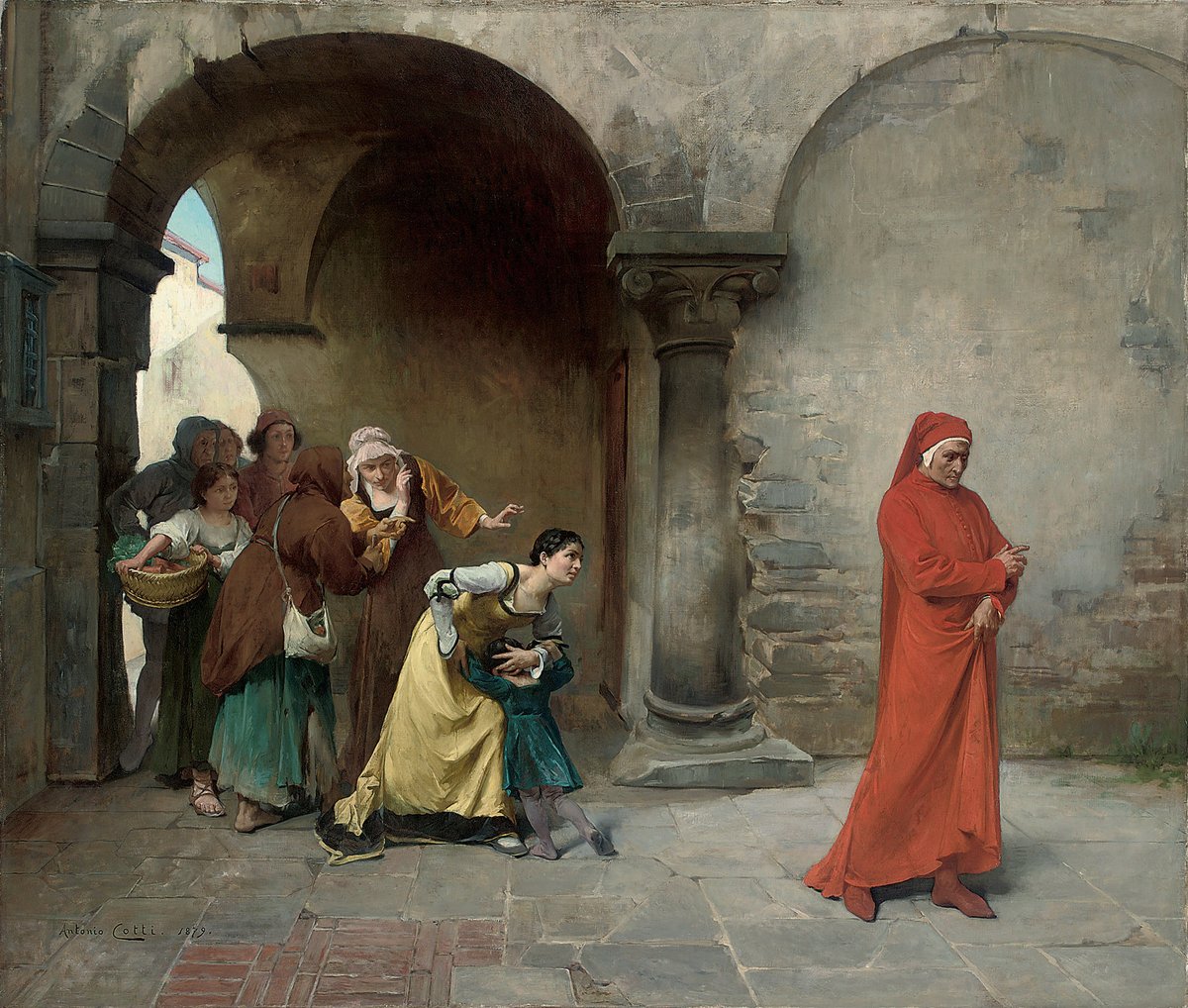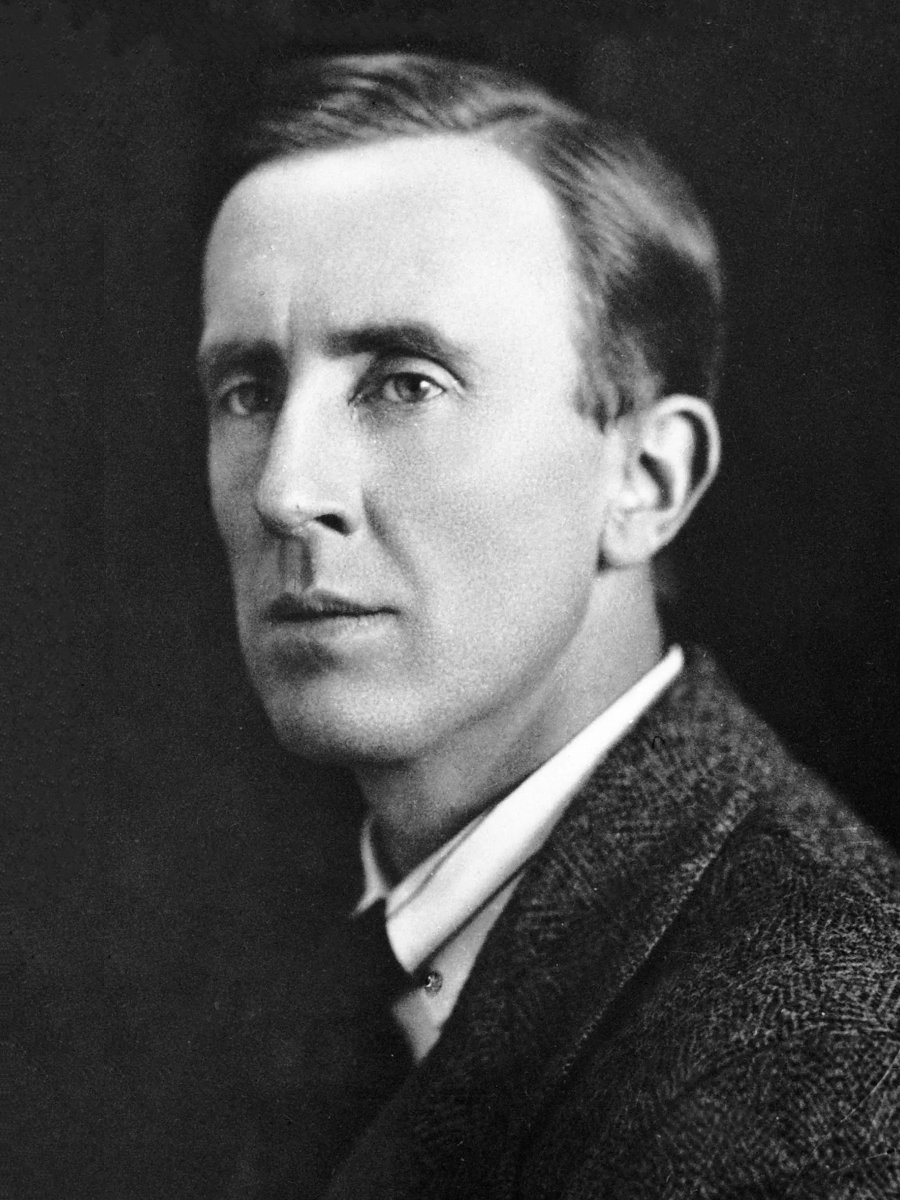
How to get URL link on X (Twitter) App


 1. "It was the best of times, it was the worst of times..."
1. "It was the best of times, it was the worst of times..."

 “A dead thing can go with the stream, but only a living thing can go against it.”
“A dead thing can go with the stream, but only a living thing can go against it.”

 Owens wrote:
Owens wrote:

 15. "God will not have his work made manifest by cowards...
15. "God will not have his work made manifest by cowards... 

 15. Be like the rock against which the waves break.
15. Be like the rock against which the waves break. 

 10. The Dream of the Rood
10. The Dream of the Rood

 In Swift's day, Almanacs were all the rage.
In Swift's day, Almanacs were all the rage.




 For the Founding Generation? Latin proficiency was a prerequisite for higher education.
For the Founding Generation? Latin proficiency was a prerequisite for higher education.

 10. Jerusalem Delivered by Torquato Tasso (1581)
10. Jerusalem Delivered by Torquato Tasso (1581)

 Dostoevsky's daughter Aimée recounts the scene:
Dostoevsky's daughter Aimée recounts the scene: 

 Dante wasn't always *just* a poet. His first vocation was politics. A dangerous game in Florence.
Dante wasn't always *just* a poet. His first vocation was politics. A dangerous game in Florence.


 1. Andrew Lang's Red Fairy Book
1. Andrew Lang's Red Fairy Book

 First published on December 19, 1843, A Christmas Carol was an immediate sensation — selling out its 6,000 print run before Christmas Eve.
First published on December 19, 1843, A Christmas Carol was an immediate sensation — selling out its 6,000 print run before Christmas Eve.

 10. George MacDonald's Phantastes
10. George MacDonald's Phantastes

 1. Beowulf
1. Beowulf